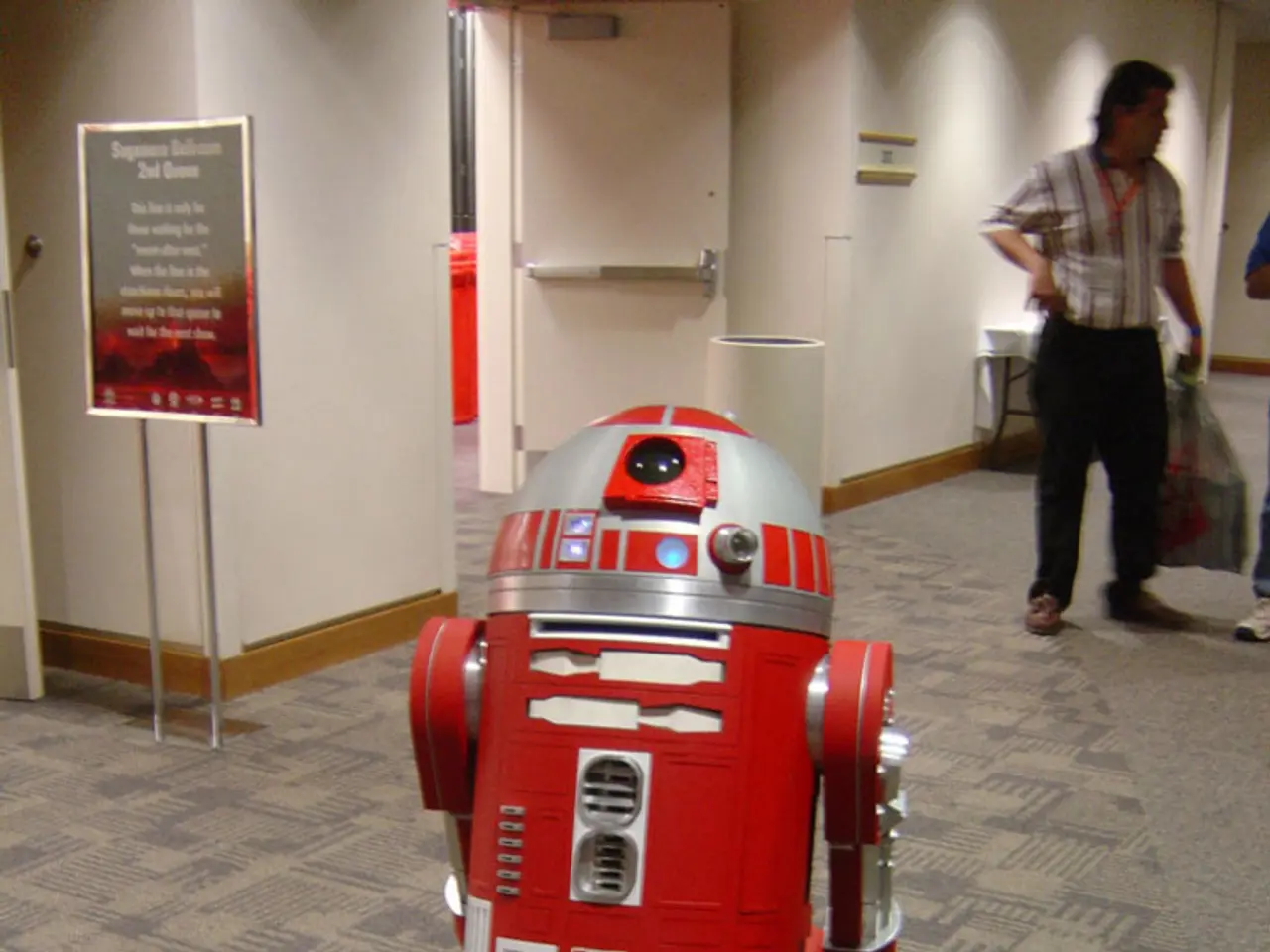Transforming Business Operations with Agentic AI: 2025 Innovations
The world of enterprise technology is witnessing a significant shift, as Agentic AI - a new layer of digital infrastructure - is making its way towards mainstream adoption. This proactive, intelligent, and adaptable technology is set to transform the way businesses operate, with one-third of enterprise applications projected to embed Agentic AI by 2028, automating around 15% of all enterprise decisions autonomously [1].
One of the key advantages of Agentic AI is its ability to automate tasks across the enterprise lifecycle. It accelerates implementation, monitors operations in real-time, self-heals integrations, predicts maintenance needs, and ensures continuous compliance [1]. The result? Enterprises can experience as much as an 85% reduction in testing time and 30-50% cost savings in deployment and operation phases [1].
These AI-powered agents are not just confined to single tasks. They can connect with APIs, databases, CRMs, and other platforms to execute complex workflows independently or with optional human oversight [2]. Use cases range from fully automated marketing campaigns and SEO, to financial operations, AI project management, cybersecurity threat response, and compliance workflows in highly regulated sectors [2][5].
Looking ahead, Agentic AI is expected to redefine enterprise productivity by automating higher-level decision-making and process coordination, reducing manual overhead and accelerating innovation cycles [3]. The market is maturing, with startups carving out vertical niches that meet stringent regulatory and data-sensitivity needs, such as compliance and healthcare, indicating strong future adoption [5].
However, it's crucial to approach the integration of Agentic AI with caution and responsibility. Without human oversight, agents can go off-script. Strong constraints and monitoring are essential to prevent over-reliance on agents [1]. The focus should be on human-AI collaboration, keeping humans in the loop to maintain oversight, build trust, and ensure accountability [1].
For IT decision-makers, now is the time to audit where human effort is wasted, identify repeatable multi-step processes, and evaluate agent frameworks like Auto-GPT, CrewAI, and LangChain agents [2]. A strategic approach involves starting with pilot projects in areas where autonomous AI can deliver immediate impact, such as sales outreach or operational monitoring [3]. Adopting a hybrid approach - combining traditional automation for routine tasks with Agentic AI for orchestration and exception handling - is also recommended [3].
In conclusion, Agentic AI is poised to revolutionize enterprise operations by autonomously managing complex workflows and decisions. By driving significant cost, time, and error reductions while enabling ongoing optimization and compliance, enterprises can unlock unprecedented agility and resilience in their digital transformation journeys [1][2][3].
- The world of AI development in technology is expanding, as Agentic AI - a proactive, intelligent, and adaptable software - is becoming more common in enterprise business.
- Agentic AI can streamline enterprise software development by automating tasks across the entire lifecycle, including implementation, monitoring, self-healing integrations, predictive maintenance, and compliance.
- These AI agents can connect with various platforms like APIs, databases, CRMs, and more to execute complex UI workflows, ranging from marketing campaigns to financial operations, cybersecurity, and compliance.
- As Agentic AI continues to evolve, it's anticipated to take on higher-level decision-making tasks and process coordination, leading to reduced manual labor and faster innovation cycles.
- Businesses should proceed with caution when integrating Agentic AI, placing a strong emphasis on human oversight to prevent any potential interference and ensuring human-AI collaboration for trust, accountability, and ongoing success in the digital world.




